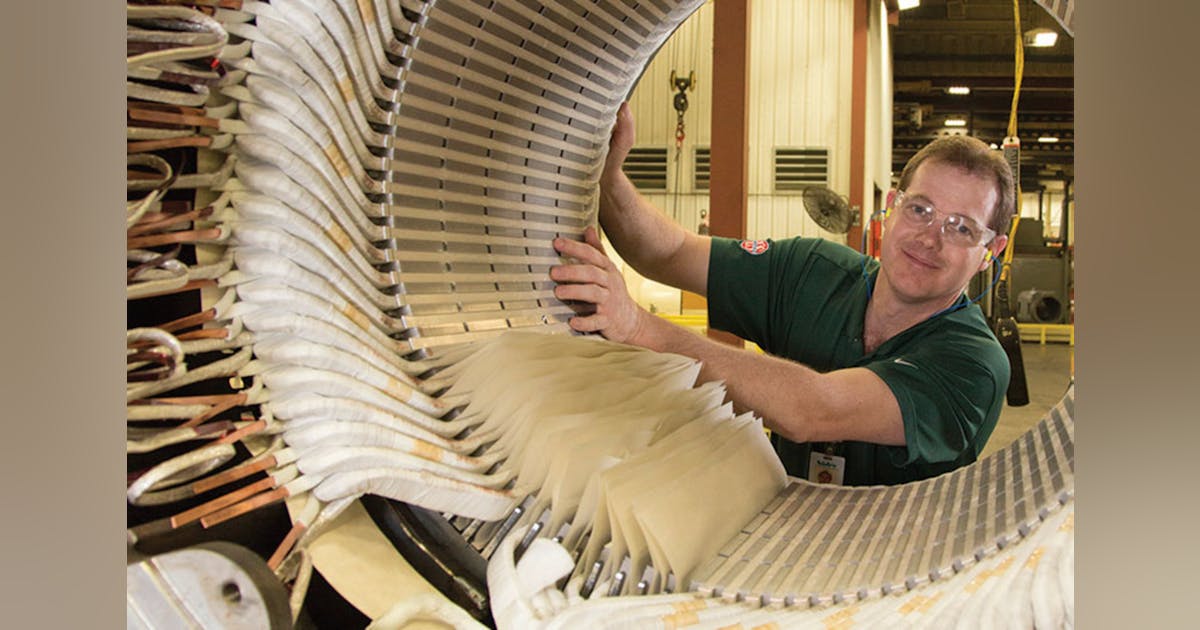I've recently noticed that cheap Asian VFDs sold on AliExpress or Amazon can now be purchased with voltage step-up or boost capability. Typically they are advertised as 220v single phase input/380v 3-phase output. Here's an example of one that I've recently purchased and tested.

The reason I purchased it was to experiment to see if it would work to run a 12" pedestal grinder with a 3 phase, 550v, 2 hp motor that I purchased surplus from City of Ottawa municipal works main garage. It's a 1940's vintage Ford-Smith grinder weighing about 400 lbs.

It turns out that the VFD worked even better than I expected. It actually has the capability to double the input voltage and go well beyond the listed 380v output. In my case, my 240v main voltage actually usually measures about 248 volts and the 3-phase output from the VFD measures about 485 - 500 volts when set for 60 Hz speed. This starts and runs the 550v grinder motor no problem. I can push a chunk of metal pretty much as hard as I can against the grinding wheel and it doesn't slow down in the slightest.
Here's a picture of the VFD, just temporarily installed for testing. I'm going to need to put it into an enclosure to protect it against grinding dust (and also to make it safe, since as can be seen the terminal strips are not covered and are pretty close to the run/stop buttons.)

So my question is just to find out if anyone else has been using these 380v boost VFDs? Has your experience been the same as mine in that they can actually double the input voltage? And also wondering if a more modern 575v motor could be successfully run at voltage in the 485 - 500 volt range. I have a bandsaw and a slot mortiser with 575v motors that I was looking for replacement motors for, but these cheap VFDs seem like a really economical alternative if the motors would run OK on a slightly reduced voltage.
And they seem crazy-cheap right now. I've got another one on the way from China for testing. It's a 7.5 kW unit for only $126! That seems like a bargain to me.

Thanks, Tom
The reason I purchased it was to experiment to see if it would work to run a 12" pedestal grinder with a 3 phase, 550v, 2 hp motor that I purchased surplus from City of Ottawa municipal works main garage. It's a 1940's vintage Ford-Smith grinder weighing about 400 lbs.
It turns out that the VFD worked even better than I expected. It actually has the capability to double the input voltage and go well beyond the listed 380v output. In my case, my 240v main voltage actually usually measures about 248 volts and the 3-phase output from the VFD measures about 485 - 500 volts when set for 60 Hz speed. This starts and runs the 550v grinder motor no problem. I can push a chunk of metal pretty much as hard as I can against the grinding wheel and it doesn't slow down in the slightest.
Here's a picture of the VFD, just temporarily installed for testing. I'm going to need to put it into an enclosure to protect it against grinding dust (and also to make it safe, since as can be seen the terminal strips are not covered and are pretty close to the run/stop buttons.)
So my question is just to find out if anyone else has been using these 380v boost VFDs? Has your experience been the same as mine in that they can actually double the input voltage? And also wondering if a more modern 575v motor could be successfully run at voltage in the 485 - 500 volt range. I have a bandsaw and a slot mortiser with 575v motors that I was looking for replacement motors for, but these cheap VFDs seem like a really economical alternative if the motors would run OK on a slightly reduced voltage.
And they seem crazy-cheap right now. I've got another one on the way from China for testing. It's a 7.5 kW unit for only $126! That seems like a bargain to me.
Thanks, Tom

